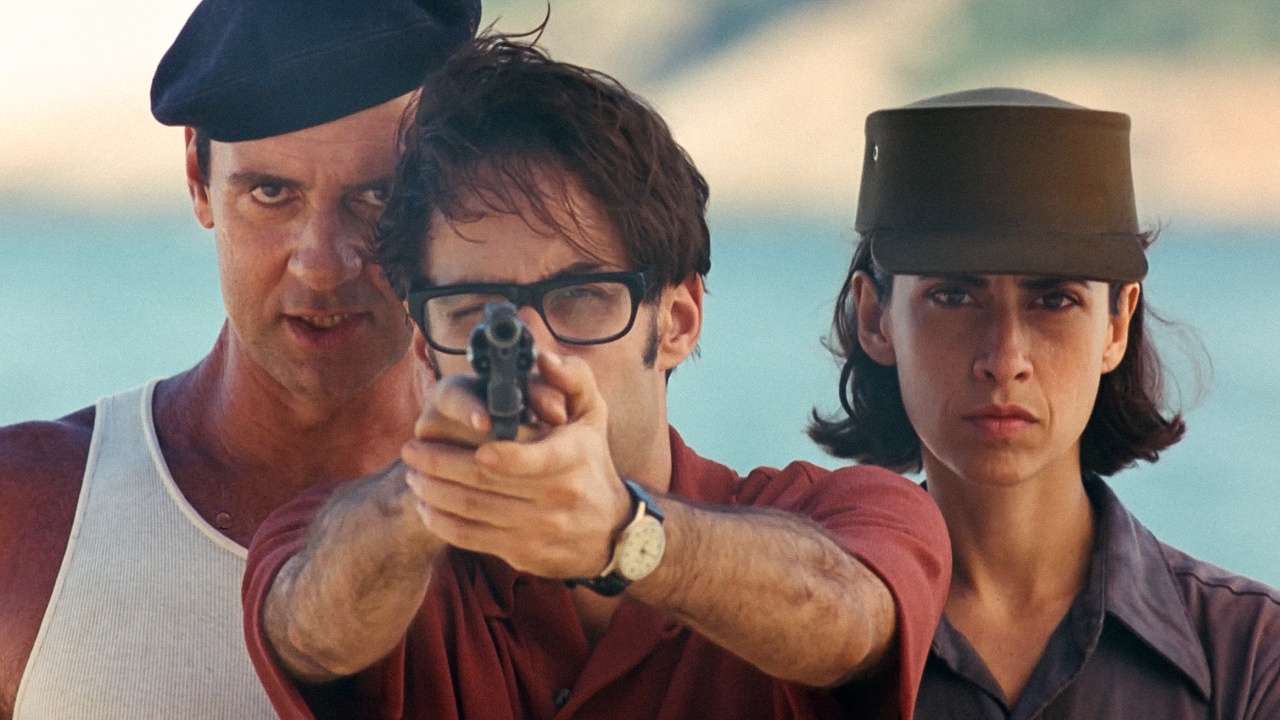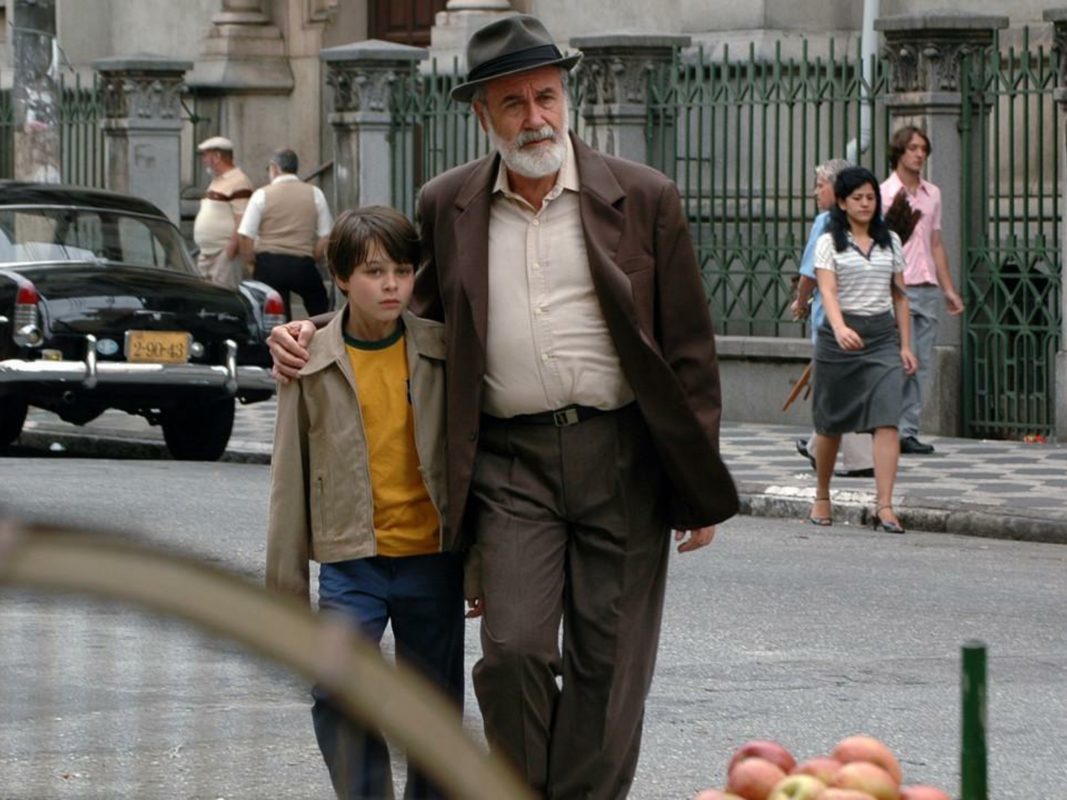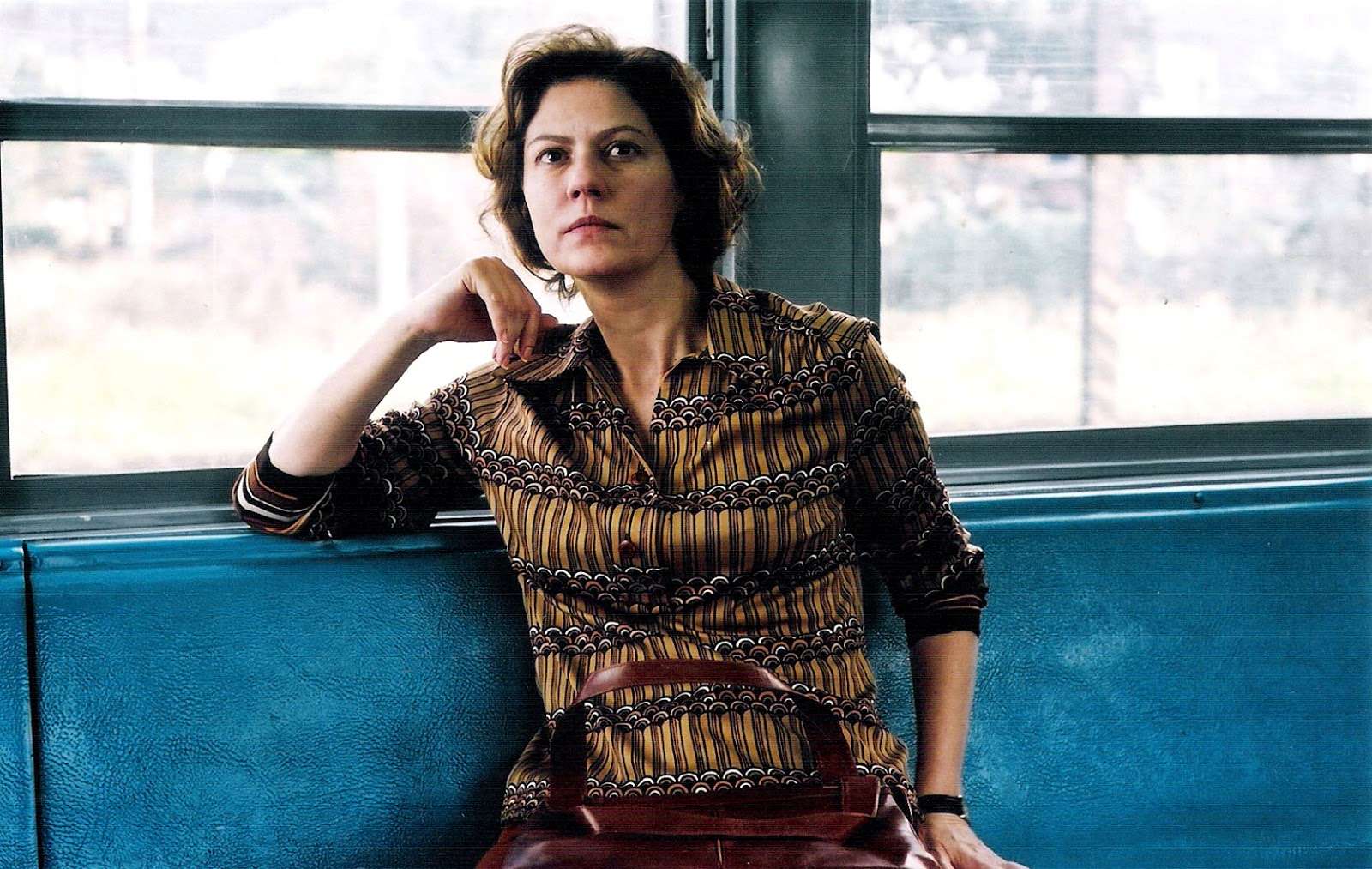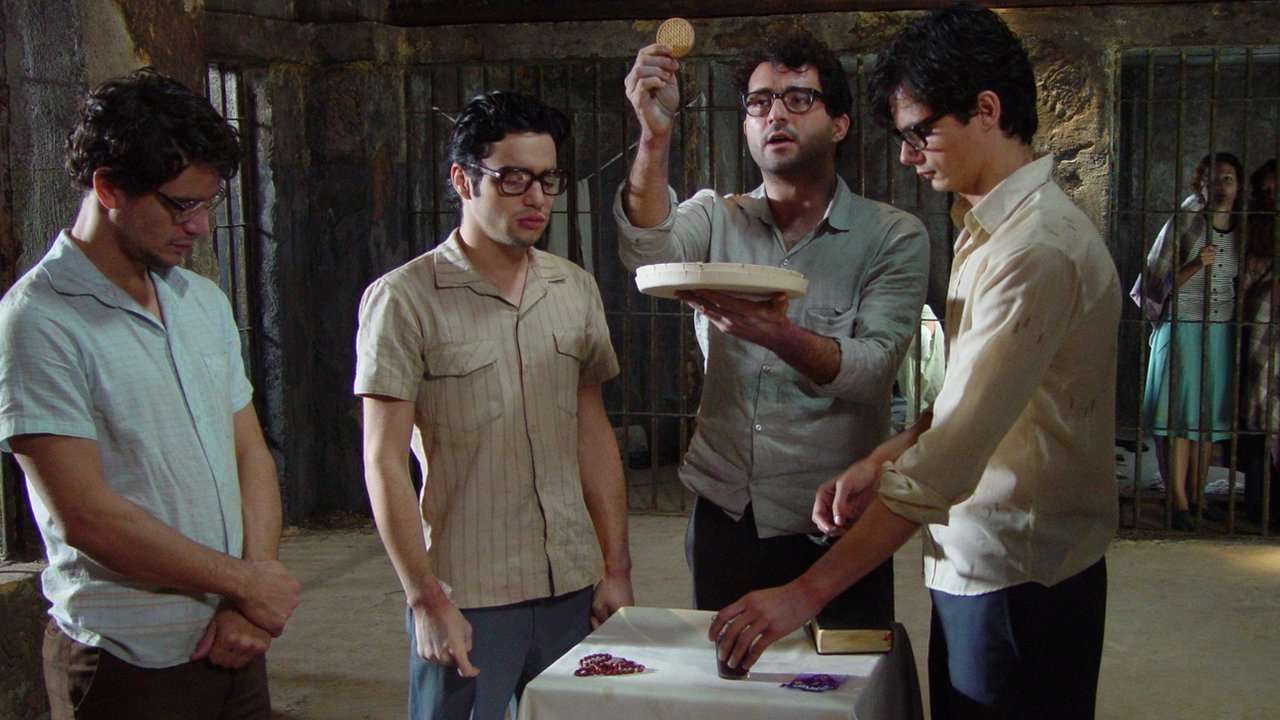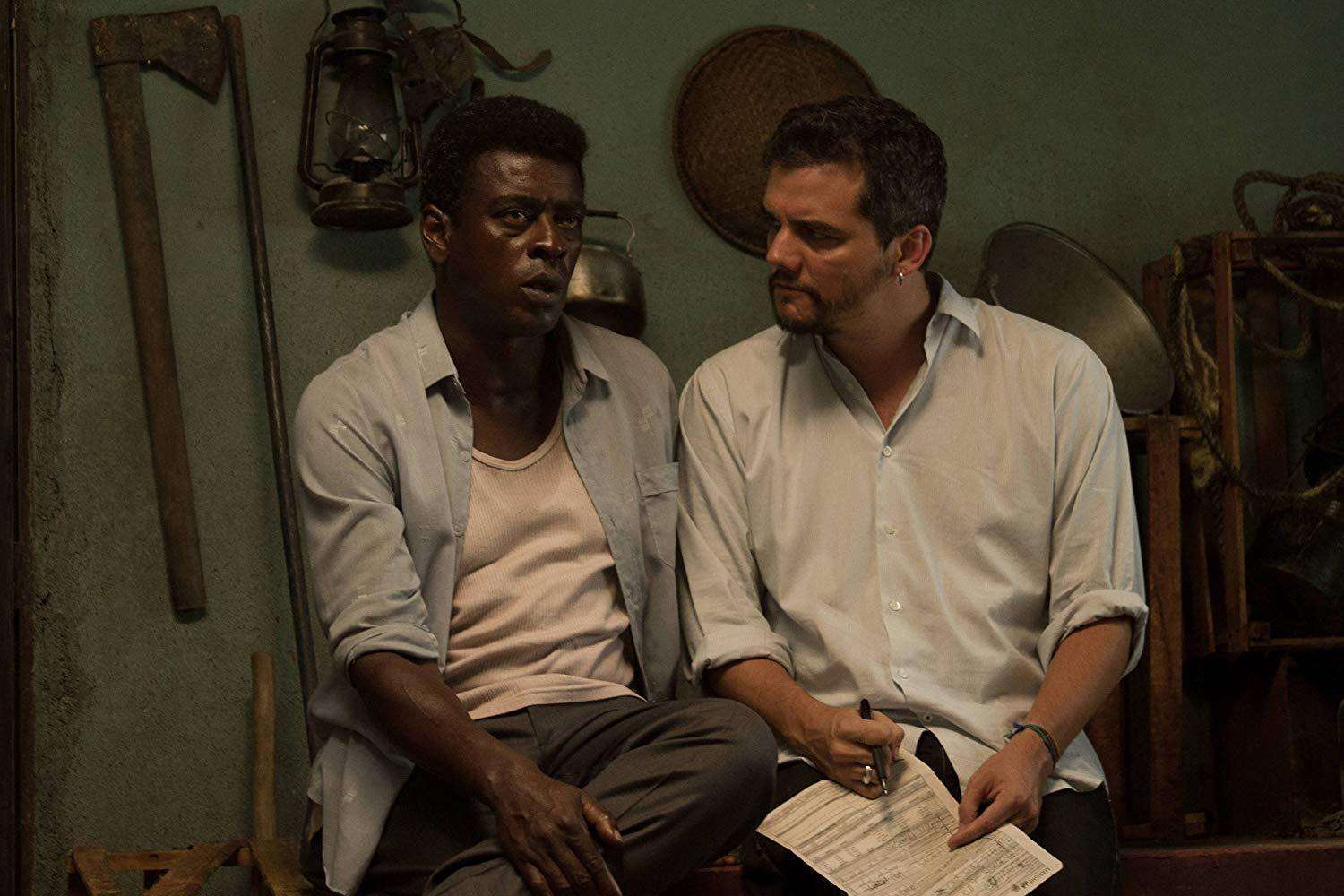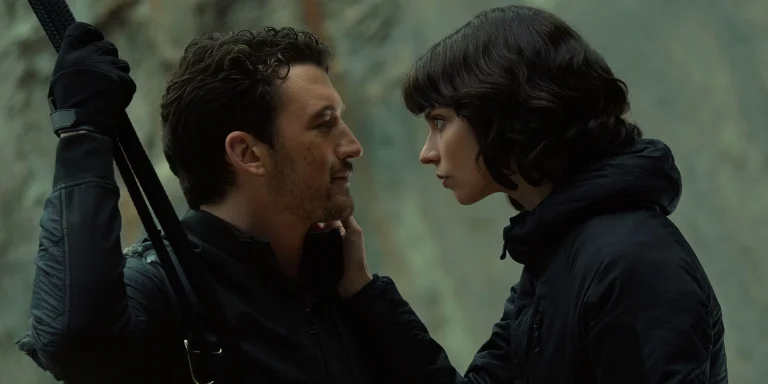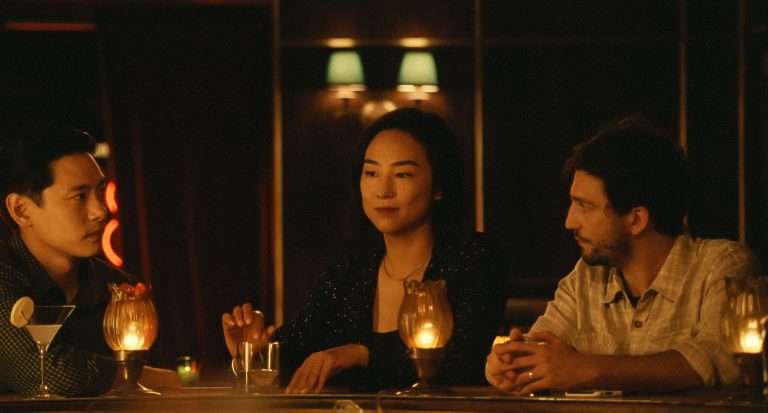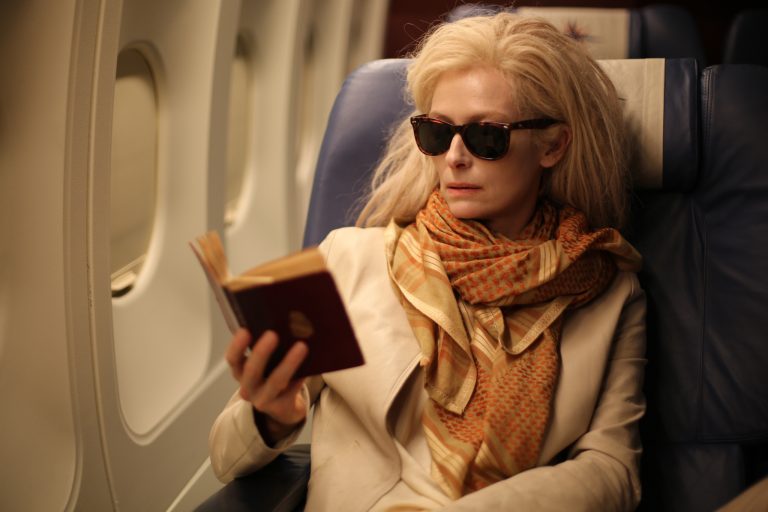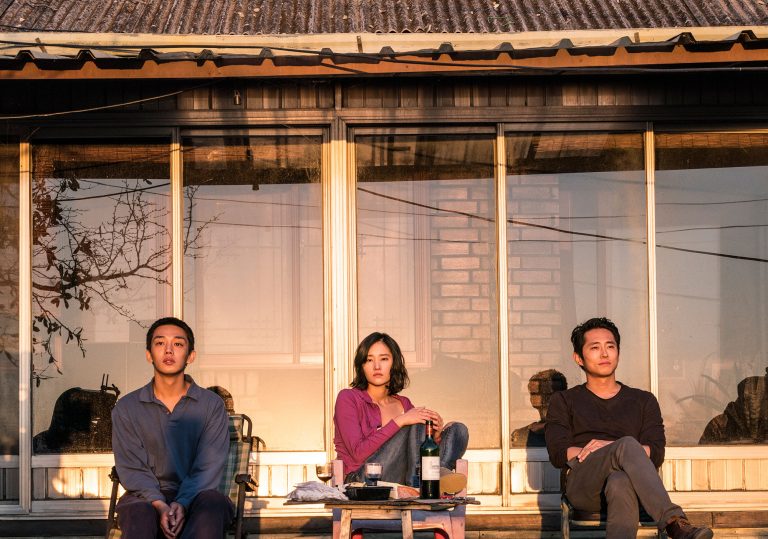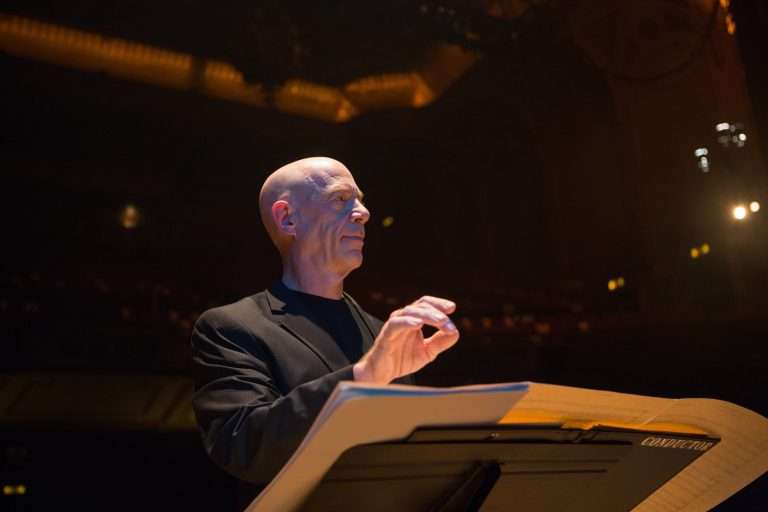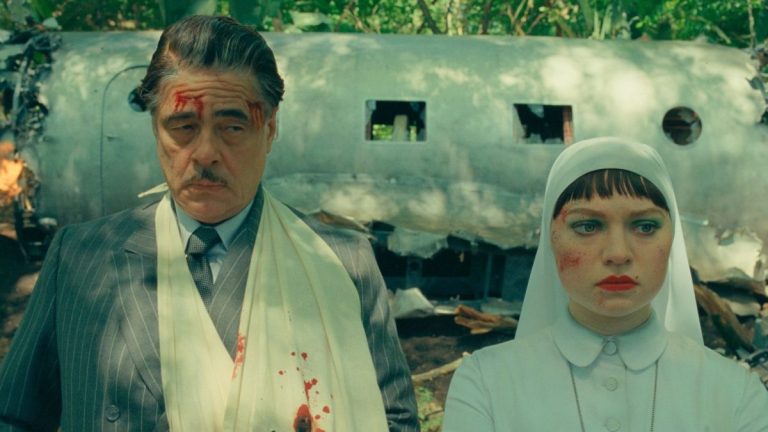Must-Watch Movies About the Military Dictatorship: The Brazilian military dictatorship (1964–1985) was one of the darkest periods in the country’s history, marked by censorship, repression, and severe human rights violations. It is estimated that 434 people were murdered or disappeared, with 210 of them never having their bodies found. Add to this the 20,000 tortured and 50,000 imprisoned during the regime. However, the number of deaths may be much higher, as the state silenced many incidents.
It is essential to highlight that military officers and torturers were pardoned under the Amnesty Law, which, theoretically, aimed to promote national reconciliation. However, in practice, it ensured the absolution of unacceptable crimes, such as torture with the “pau-de-arara,” electric shocks, beatings, rape, and even human experiments. The victims of these practices never received justice, having to live with their trauma and wounds without state support.
In late 2022, Brazil was dangerously close to returning to a similar process. Jair Bolsonaro and 37 other key figures close to the ex-president planned an attempt to overthrow the government, which included plans to assassinate the president and vice president and annul the election. Although the plan gained support from the Navy, it ultimately failed due to a lack of military backing. This shows that dictatorships are not a “thing of the past,” but rather ghosts that frequently resurface, even in democratic societies.
Recently, “I Am Still Here” won the Oscar for Best International Film, opening the door for similar works to gain recognition. To ensure we do not forget history—or allow it to repeat itself—here are five outstanding movies about this bleak period.
1. Four Days in September (1997)
“Four Days in September” is a political thriller directed by Bruno Barreto. Based on a true story, the film portrays the 1969 kidnapping of U.S. Ambassador Charles Burke Elbrick by left-wing guerrillas in Brazil. The kidnapping was done as a protest against the military regime, pressuring the government to release political prisoners in exchange for the ambassador’s life. The film stands out by presenting both the perspective of the revolutionaries and that of the authoritarian regime, creating an emotionally charged, conflicting atmosphere that highlights personal, moral, and ideological differences between the characters. While the guerrillas try to draw attention to the government’s repression, the regime aims to maintain control and avoid greater international repercussions by keeping the case discreet.
With a stellar cast, including Alan Arkin and Fernanda Torres (who played Eunice Paiva in “Ainda Estou Aqui”), the film offers a global audience an overview of the political turmoil that marked Brazil’s recent history. The tension is heightened by the complex human relationships and ethical dilemmas, making the film a profound analysis of political struggle and morality in times of crisis. In addition to being an intense representation of the 1969 events, “Quatro Dias em Setembro” is a reflection on the difficult choices individuals make in the face of authoritarian regimes, making it an important work for understanding Brazil’s history and its fight for democracy.
2. The Year My Parents Went on Vacation (2006)
Directed by Cao Hamburger,”The Year My Parents Went on Vacation” is an emotional drama following Mauro, a curious and sensitive 12-year-old whose left-wing militant parents must go into hiding during the political repression in Brazil. Mauro is left under the care of his grandfather, a solitary, traditional Jewish man from São Paulo. The relationship between the two is marked by complex nuances, as Mauro rebels against the authority figure that suddenly appears in his life due to the absence of his mother. Despite this, over time, they learn from each other, developing a deep connection of protection.
The film also delves into deep and sensitive themes like interrupted childhood, exile, and the loss of innocence in times of political crisis, addressing them in an intimate, human, and tragic manner. When we think of political turmoil, the impact on children is rarely mentioned. Innocent and utterly affected by the consequences and traumas stemming from crises in their early years, children are often the forgotten victims. With a reflective and delicate approach, the work demonstrates coexistence with cultural diversity and the search for a safe place, often manifested in a person. The film is an emotional and human reflection on the scars left by political repression on the lives of ordinary people, forgotten by history.
Also Read: 10 Great Films “High on Films” Recommends: 2nd Edition
3. Zuzu Angel (2006)
Directed by Sérgio Rezende, “Zuzu Angel” is an intense drama based on a true story that tells the life of Zuleika Angel Jones, an internationally renowned fashion designer, whose life is turned upside down after the arrest and death of her son, Stuart, an anti-dictatorship militant. At the peak of her career, Zuzu begins an unwavering investigation into the circumstances of her son’s death, openly challenging the regime and becoming a declared enemy of the State. It is interesting to see the progression of a mother and renowned stylist to a fierce activist, suddenly shattered by an irreversible event.
The plot delves into the grief of a mother who refuses to accept the silencing imposed by the regime while seeking justice for her son. Zuzu challenges the government, exposing the violence and abuses of the military dictatorship, without any disguise or euphemisms. Her personal and political resistance demonstrates a fierce maternal instinct, like a lioness protecting her cub, refusing to let the aggressors of her son go unpunished. Patrícia Pillar’s performance as Zuzu was widely recognized, earning her a nomination for the Grande Prêmio Cinema Brasil for Best Actress. The film is a poignant portrayal of how the dictatorship affected families and the personal lives of those who dared to question it, tearing them apart and altering the entire existence of the families involved.
4. Baptism of Blood (2007)
“Baptism of Blood,” directed by Helvécio Ratton is based on the autobiography of Frei Betto and portrays the fight of Dominican friars against the military dictatorship in Brazil in the late 1960s. In São Paulo, the friars’ convent became one of the main resistance hubs to repression, supporting the Ação Libertadora Nacional guerrilla group led by Carlos Marighella. After a conversation among the friars, they decide to disperse the group to ensure everyone’s safety.
Frei Ivo and Frei Fernando are sent to Rio de Janeiro, where they are captured, tortured, and forced to give up the whereabouts of Marighella’s group. Under torture, they reveal the group’s meeting point, leading to Marighella’s surprise execution by DOPS police under the command of Sérgio Paranhos Fleury. Meanwhile, Frei Betto hides in the interior of Rio Grande do Sul, but is captured and taken to Tiradentes prison in São Paulo, where he reunites with other group members. In 1971, the friars were tried and sentenced to four years in prison. The film powerfully portrays the bravery and anguish of those who endured repression, capturing their moral struggles as religious figures caught in the grip of a dictatorship that paradoxically upheld both staunch nationalism and Christian ideals.
5. Marighella (2019)
Directed by Wagner Moura, “Marighella” is a biographical drama inspired by the book “Marighella: The Guerrilla Who Set the World on Fire.” The film follows the trajectory of Carlos Marighella, one of the main figures of the revolutionary resistance against Brazil’s military dictatorship. The story highlights Marighella’s strategies and actions as he leads a relentless fight against the regime, facing government violence, persecution, and the personal sacrifices that this resistance demanded, including the separation from his child, who later also joined the armed revolution.
The film focuses on Marighella’s relationships with other members of the revolutionary movement, portrayed realistically and brutally. It also addresses the consequences of armed struggle and the tough choices the revolutionaries had to make during the period of repression. With a standout performance by Seu Jorge as Marighella, the film questions the limits of the fight for freedom and justice in times of conflict, while also making use of beautiful cinematography, atmosphere, and moving music, which heightens the tension on the battlefield. The work offers a unique opportunity to understand the cost of freedom and human relationships in the context of state oppression, showing the intense social impact these moments had on both its victims and its opponents.

